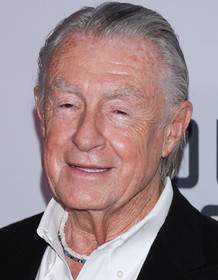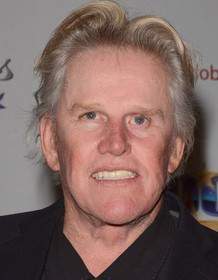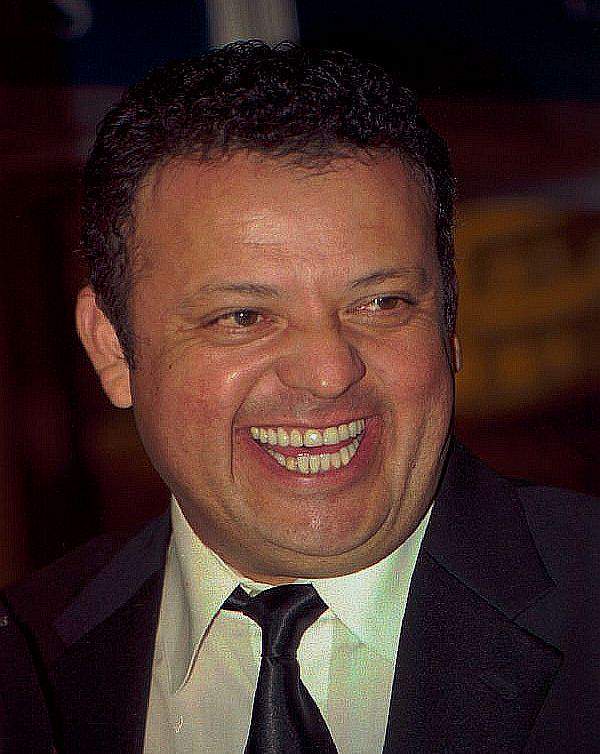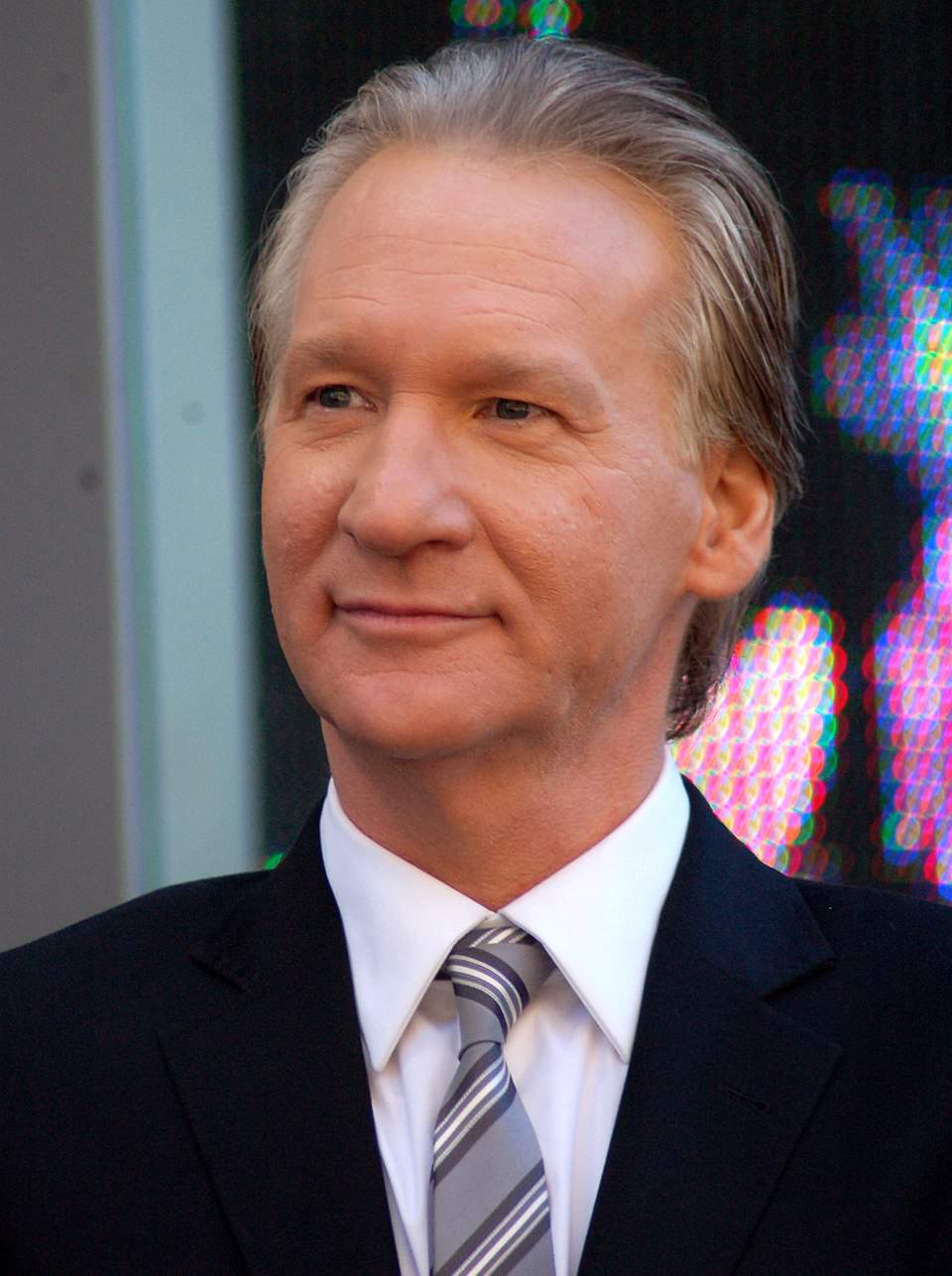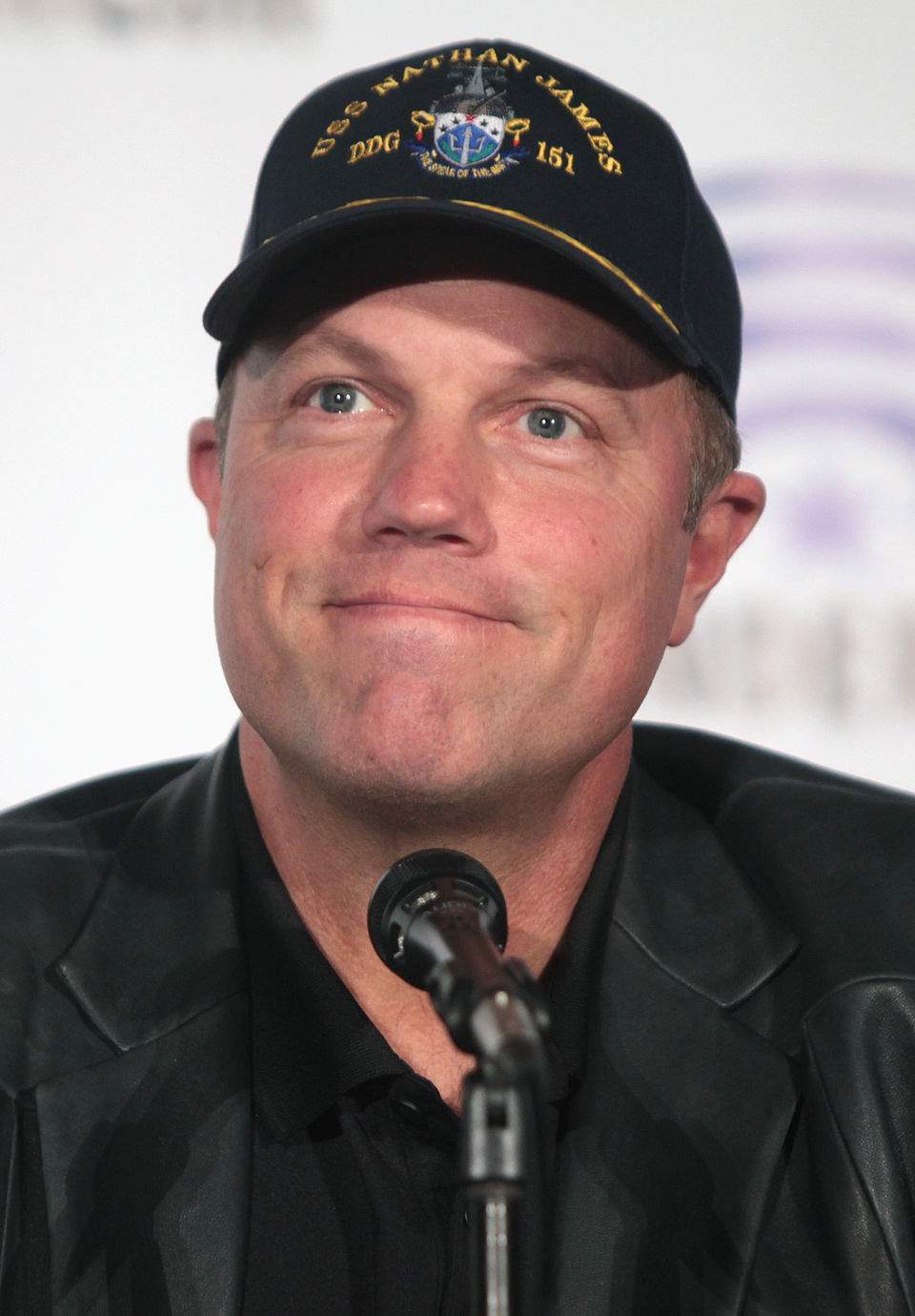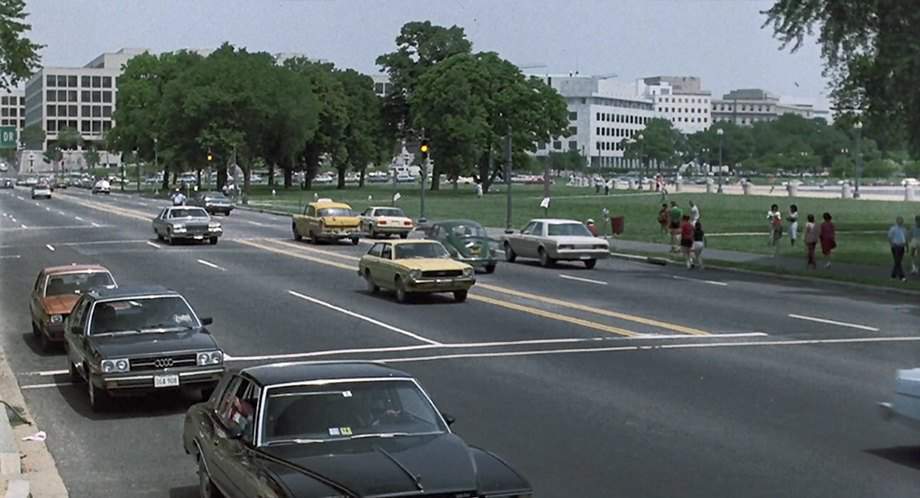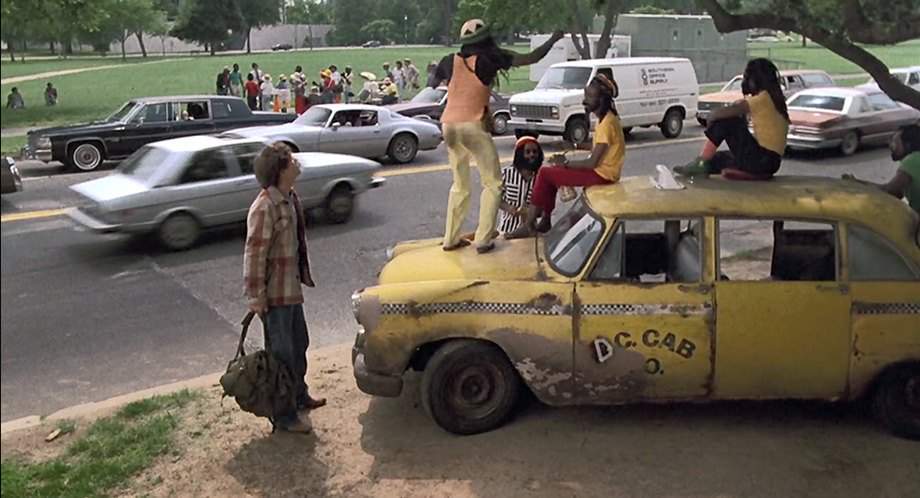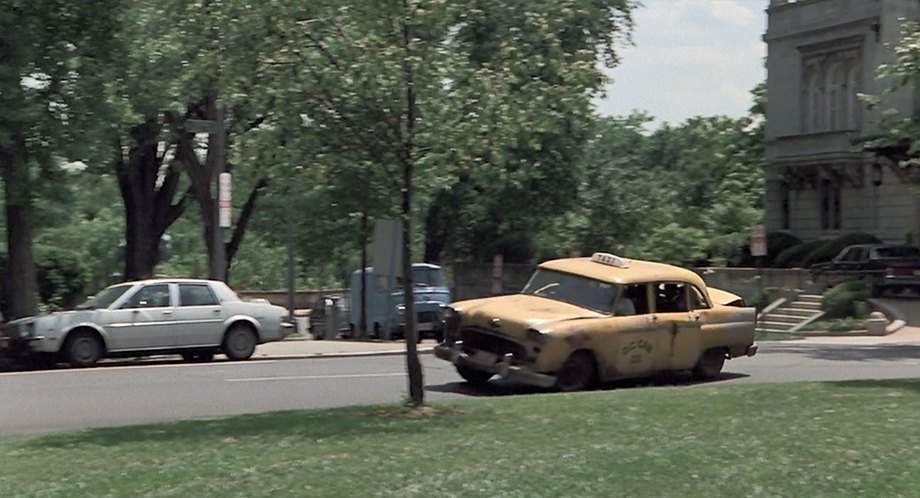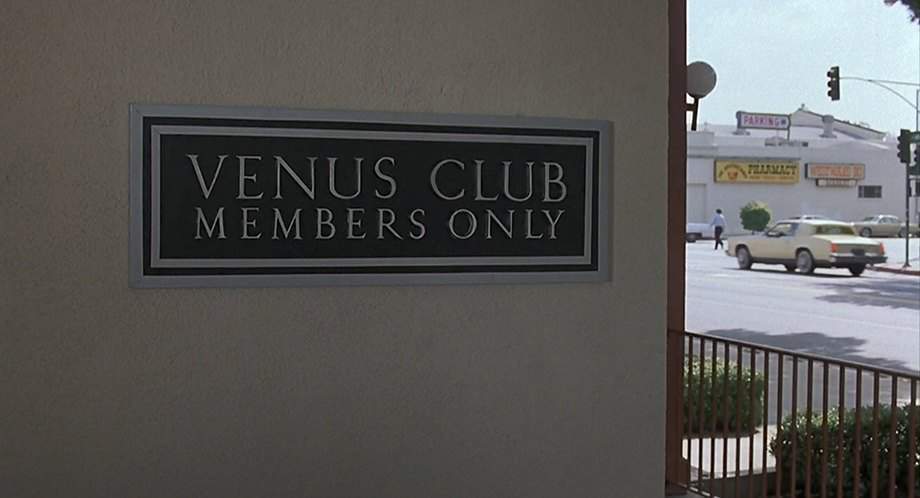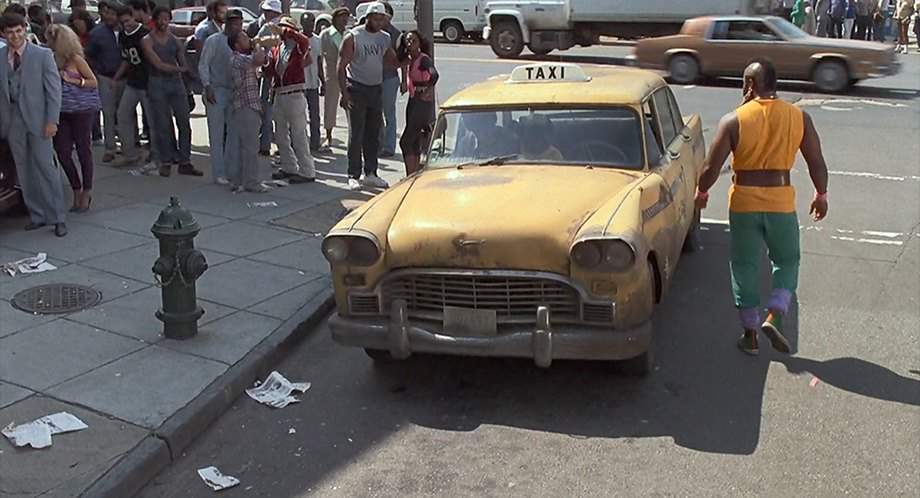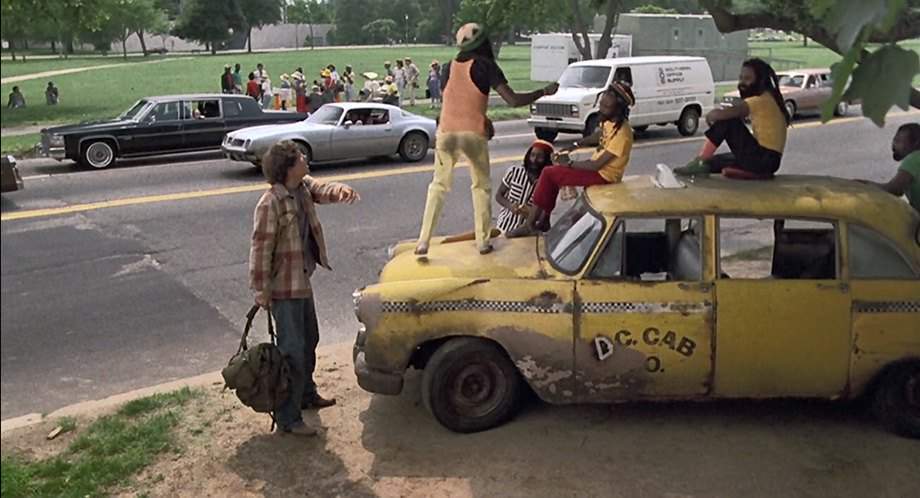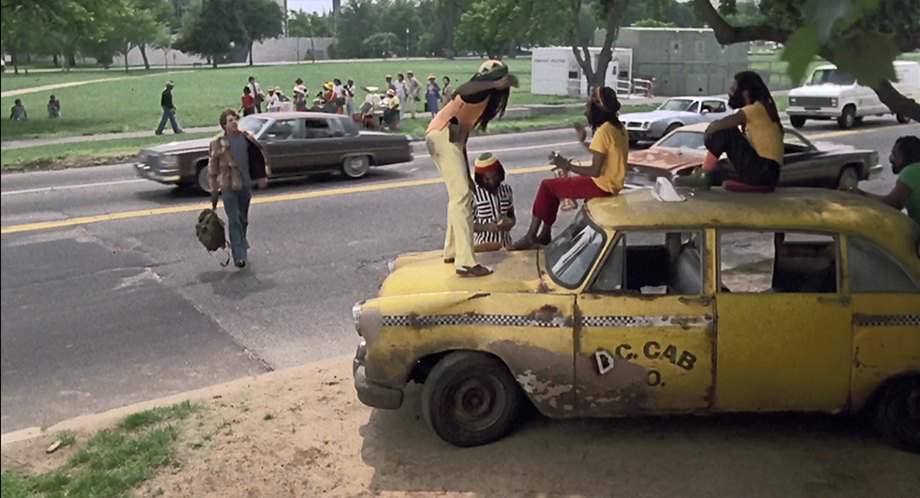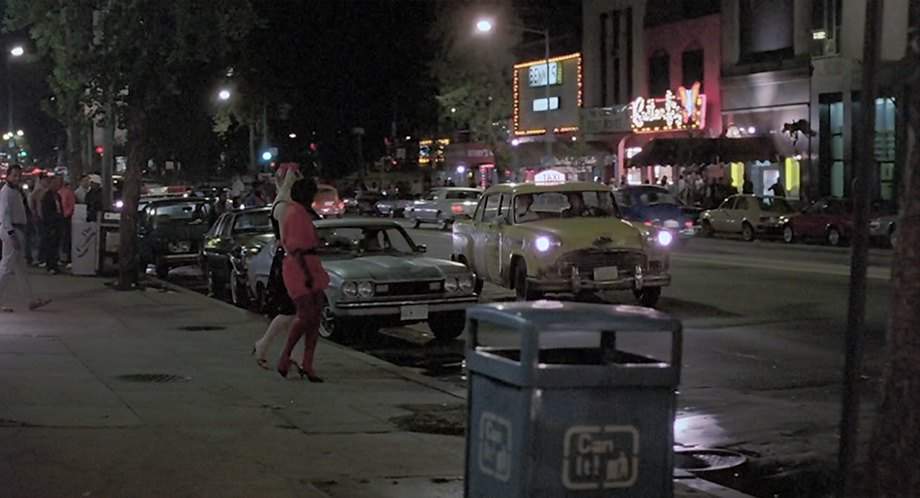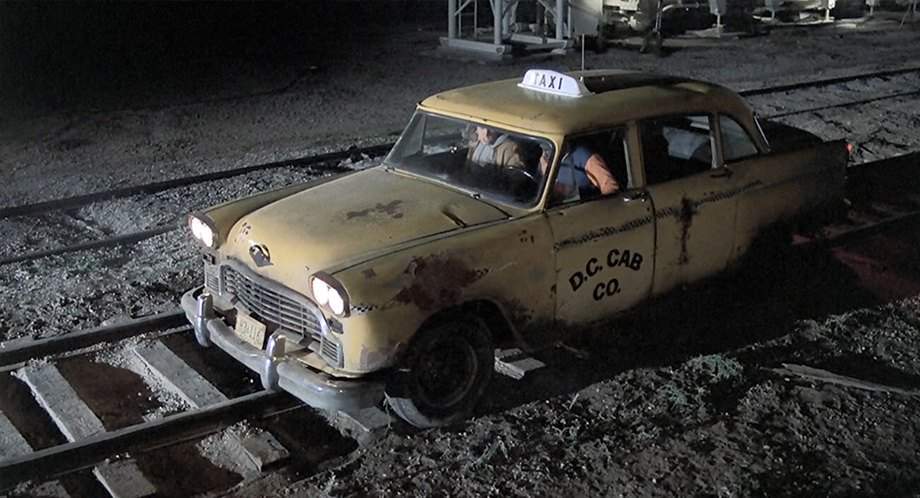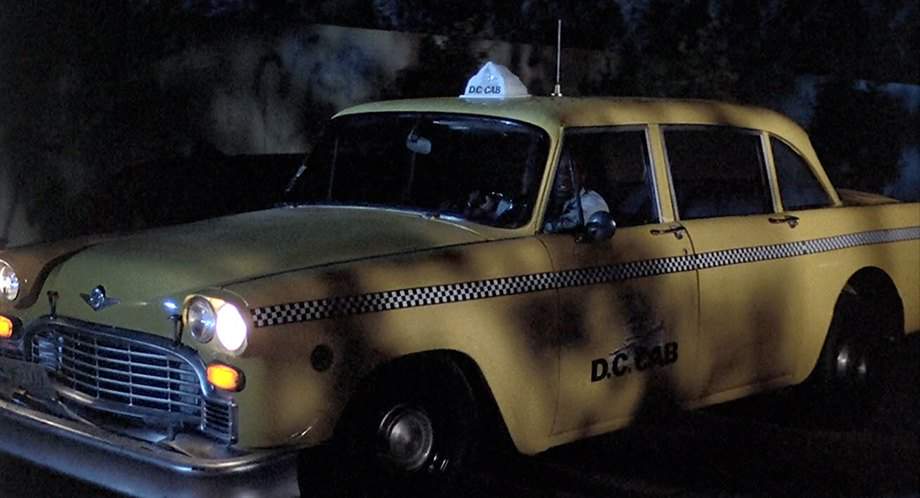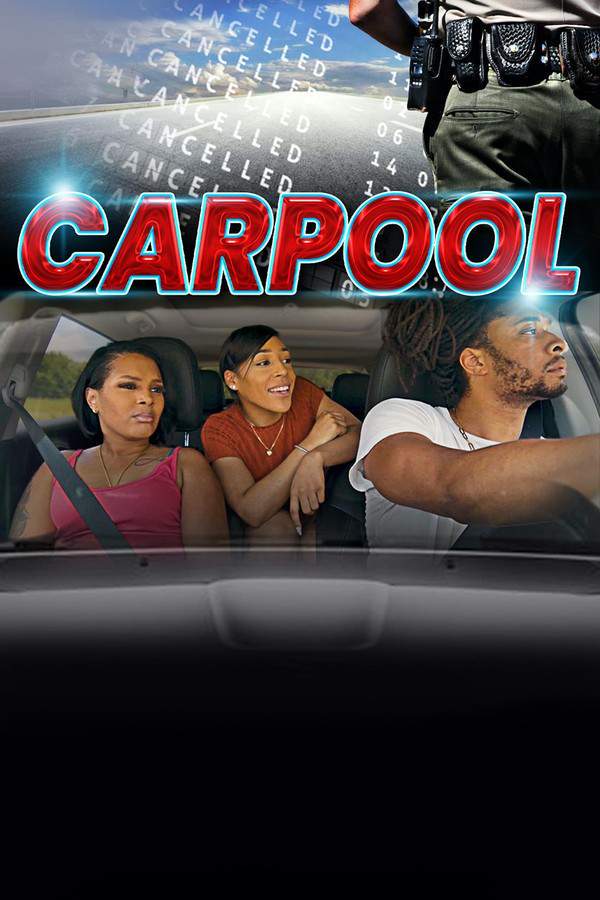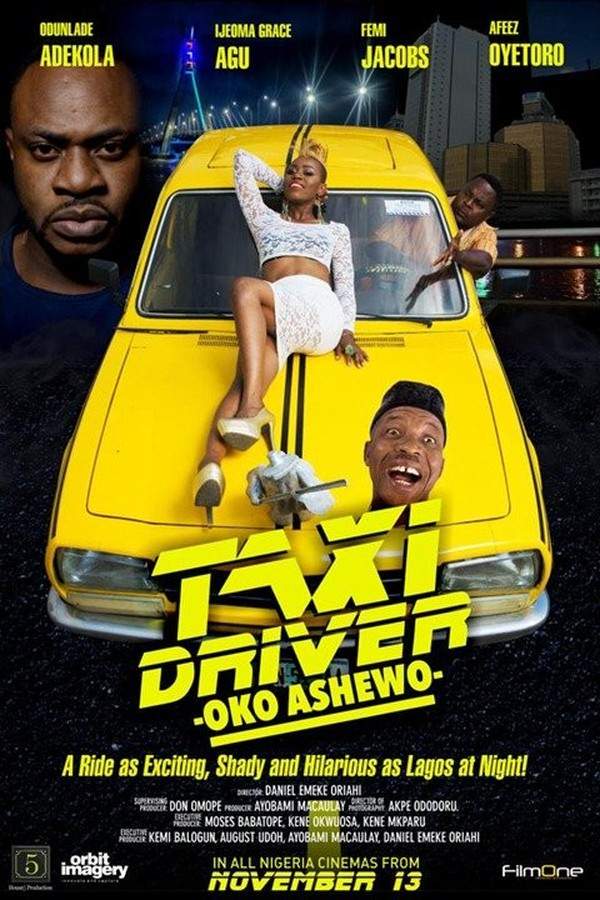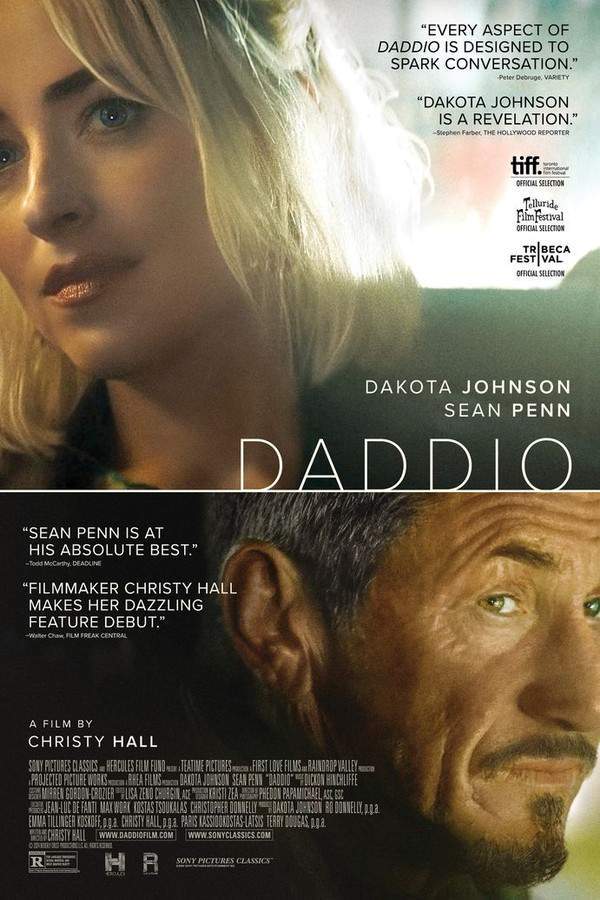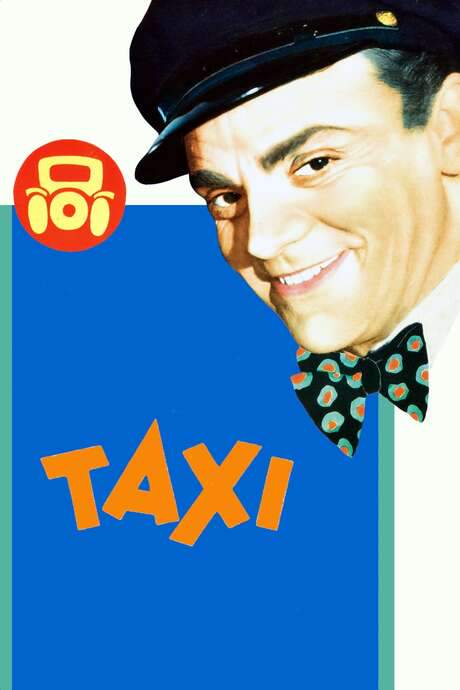D.C. Cab 1983
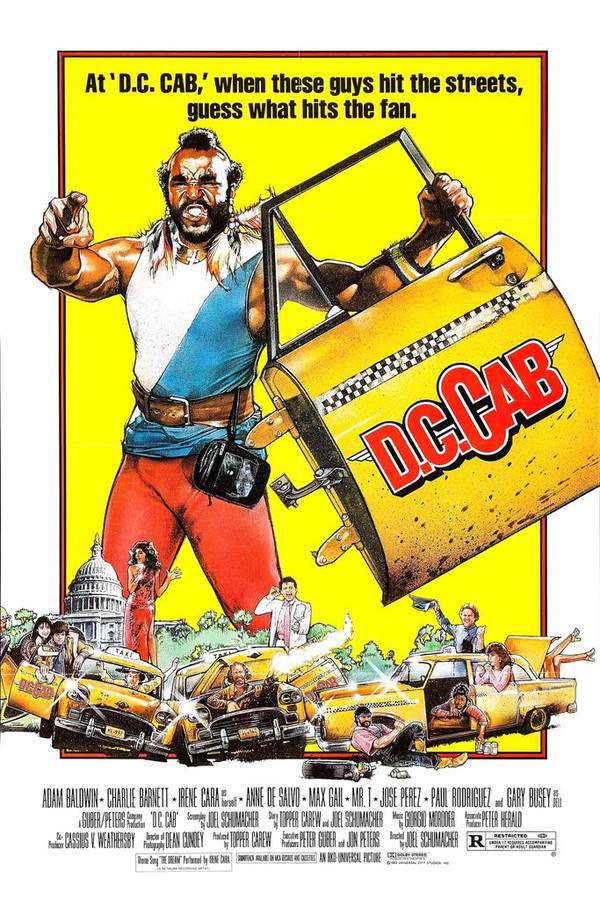
In the competitive world of Washington D.C. taxi drivers, a group of colorful characters and their determined boss, Harold, fight to keep their business running. The arrival of Albert, a newcomer with ambitious ideas, disrupts the established order and challenges their way of life. As Albert's plans unfold and his safety is jeopardized, the cabbies are forced to re-evaluate their values and confront their own roles in the fiercely competitive industry, ultimately deciding where their loyalties lie.
Does D.C. Cab have end credit scenes?
No!
D.C. Cab does not have end credit scenes. You can leave when the credits roll.
Meet the Full Cast and Actors of D.C. Cab
Explore the complete cast of D.C. Cab, including both lead and supporting actors. Learn who plays each character, discover their past roles and achievements, and find out what makes this ensemble cast stand out in the world of film and television.
External Links and Streaming Options
Discover where to watch D.C. Cab online, including streaming platforms, rental options, and official sources. Compare reviews, ratings, and in-depth movie information across sites like IMDb, TMDb, Wikipedia or Rotten Tomatoes.
Ratings and Reviews for D.C. Cab
See how D.C. Cab is rated across major platforms like IMDb, Metacritic, and TMDb. Compare audience scores and critic reviews to understand where D.C. Cab stands among top-rated movies in its genre.

46
Metascore
tbd
User Score


18%
TOMATOMETER

52%
User Score

5.5 /10
IMDb Rating
Take the Ultimate D.C. Cab Movie Quiz
Challenge your knowledge of D.C. Cab with this fun and interactive movie quiz. Test yourself on key plot points, iconic characters, hidden details, and memorable moments to see how well you really know the film.
D.C. Cab Quiz: Test your knowledge about the 1983 comedy film D.C. Cab and its colorful characters and adventures.
Who is the owner of the D.C. Cab Company?
Harold Oswell
Albert Hockenberry
Ernesto Bravo
Tyrone Bywater
Show hint
Full Plot Summary and Ending Explained for D.C. Cab
Read the complete plot summary of D.C. Cab, including all major events, twists, and the full ending explained in detail. Explore key characters, themes, hidden meanings, and everything you need to understand the story from beginning to end.
A young man named Albert Hockenberry (Adam Baldwin) makes his way to Washington, D.C., from the quaint town of Locust Grove, Georgia. His destination is the D.C. Cab Company, run by the war veteran Harold Oswell (Max Gail), who endured the trials of Vietnam alongside Albert’s deceased father. Unfortunately, their long-awaited reunion is cut short by Ernesto Bravo (Jose Perez), the unforgiving city Hack Inspector, who accuses driver Tyrone Bywater (Charlie Barnett) of overcharging a Japanese couple for their taxi ride to the airport. Although Harold promptly returns the couple’s money, Bravo’s threat looms large as he declares his intention to find any excuse to shut down the cab company. In a mix-up, Tyrone carelessly shifts Bravo’s car into reverse, leading to a comedic disaster when the inspector accidentally crashes into a Chinese restaurant.
Later that night, as Albert settles in at Harold’s home, he expresses his ambition to stay in the city and learn the intricacies of the taxi business. Harold is pleased to host him, but his wife, Myrna (Anne De Salvo), is less than thrilled, sparking a trivial argument with her husband. Kicking off his training, Albert joins the company drivers, including the stylish Xavier (Paul Rodriguez), a budding gigolo, and the socially conscious Samson (Mr. T), who is incensed by the drug dealers plaguing his neighborhood.
On the fateful day Albert receives his hack license, another driver, Ophelia (Marsha Warfield), expresses her frustration with D.C. Cab, contemplating a move to rival Emerald Cab Company after enduring multiple armed robberies. To remedy this situation, Harold invites her over for a beer to discuss her grievances.
While enjoying a meal at a diner with his colleagues, Albert locks eyes with the charming Claudette (Jill Schoelen), the granddaughter of the waitress Maudie (Diana Bellamy), who tries to dissuade Albert from pursuing her. Just as the evening unfolds, Bravo barges into the diner with news about a missing valuable violin worth $500,000 that was left in an unidentified taxi, leaving the drivers racing back to the streets in search of the prized instrument.
As fate would have it, Albert and Tyrone end up driving mother and daughter duo, Mattie and Denise, to the embassy, where they are showered with eggs by the Ambassador’s children. Taking a dare one night, Tyrone challenges Albert to drive the cab on railroad tracks, a reckless stunt that nearly ends in disaster.
The next morning takes a turn for the worse when the masked robber finally confronts Albert at gunpoint in Tyrone’s cab. In a frantic escape maneuver, Albert barrels through the city towards the garage, ultimately delivering the masked criminal into the hands of the armed cab drivers, proving his mettle. In an unexpected twist, Mr. Rhythm, an elderly homeless man who often resides in the garage, miraculously finds the stolen violin, netting the company a $10,000 reward. During a meeting at the diner to discuss the reward, Harold announces that he intends to share the bounty, provided his employees reinvest in D.C. Cab as equal partners. The drivers are initially hesitant, but Albert, lost in thoughts of Claudette, is the only one willing to dedicate his inheritance to the cause.
Days pass, and with some well-deserved improvements, the cab company’s fortunes take a positive turn. Albert wins Maudie’s approval and can finally enjoy a public romance with Claudette. Meanwhile, Tyrone’s venture into a souvenir business yields little success. One harrowing day, while driving Denise and Mattie to the embassy, their cab is hijacked by kidnappers, putting Albert’s life on the line as they demand ransom.
As Albert finds himself trapped with the Rayburn children, he is forced to relay ransom demands, which raises suspicion from law enforcement, implicating him as a potential accomplice. With the company facing potential closure from Bravo, Tyrone rallies the drivers to formulate a rescue plan for Albert and the children.
The daring rescue mission sees three cab drivers infiltrating Mattie’s hospital room, posing as lawyers to gather intelligence on the kidnappers. At the farmhouse where Albert is held captive, he manages to escape and communicates his location to Mr. Rhythm, who has been keeping watch back at the garage. Using well-known landmarks, Albert successfully guides Harold and his crew, who have been working tirelessly to free him.
In a climactic showdown, the drivers discover the farmhouse near a drive-in theater screening a Bruce Lee film and make a final desperate attempt to confront the kidnappers. When the chaos settles, Samantha successfully secures the children’s safety, although the criminals manage to flee with Albert as their captive. However, during the high-stakes chase that follows, Albert manages to break free and join Samson in a taxi, leading to a wild crash of the kidnappers’ vehicle right onto the movie screen.
In the end, the team of cab drivers are celebrated as heroes, with the city throwing a grand parade in their honor, signifying the strength of unity and camaraderie amidst chaos.
Uncover the Details: Timeline, Characters, Themes, and Beyond!

Coming soon on iOS and Android
The Plot Explained Mobile App
From blockbusters to hidden gems — dive into movie stories anytime, anywhere. Save your favorites, discover plots faster, and never miss a twist again.
Sign up to be the first to know when we launch. Your email stays private — always.
Watch Trailers, Clips & Behind-the-Scenes for D.C. Cab
Watch official trailers, exclusive clips, cast interviews, and behind-the-scenes footage from D.C. Cab. Dive deeper into the making of the film, its standout moments, and key production insights.
Cars Featured in D.C. Cab
Explore all cars featured in D.C. Cab, including their makes, models, scenes they appear in, and their significance to the plot. A must-read for car enthusiasts and movie buffs alike.
D.C. Cab Themes and Keywords
Discover the central themes, ideas, and keywords that define the movie’s story, tone, and message. Analyze the film’s deeper meanings, genre influences, and recurring concepts.

Unlock the World of Movies with Our Comprehensive Wiki
Dive into our Movie Wiki for in-depth film encyclopedia entries, including cast biographies, production trivia, plot synopses, behind-the-scenes facts, and thematic analyses. Whether you’re researching iconic directors, exploring genre histories, or discovering hidden easter eggs, our expertly curated movie database has everything you need to fuel your cinematic passion.

Similar Movies To D.C. Cab You Should Know About
Browse a curated list of movies similar in genre, tone, characters, or story structure. Discover new titles like the one you're watching, perfect for fans of related plots, vibes, or cinematic styles.
Quick Links: Summary, Cast, Ratings, More

What's After the Movie?
Not sure whether to stay after the credits? Find out!
Explore Our Movie Platform
New Movie Releases (2026)
Famous Movie Actors
Top Film Production Studios
Movie Plot Summaries & Endings
Major Movie Awards & Winners
Best Concert Films & Music Documentaries
Movie Collections and Curated Lists
© 2026 What's After the Movie. All rights reserved.


